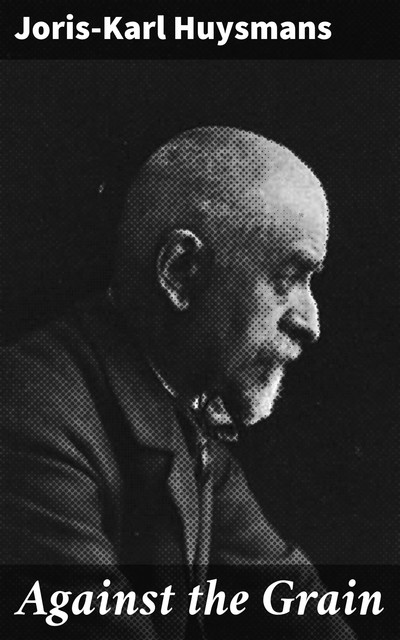Joris-Karl Huysmans' seminal novel, “Against the Grain” (originally published as "√Ä rebours” in 1884), is a masterful exploration of the aesthetic and philosophical tensions of the late 19th century. Written in a flamboyant and richly descriptive style, the novel follows the protagonist, Des Esseintes, an eccentric and reclusive dandy, who seeks refuge from the banalities of contemporary society through extreme aestheticism and hedonism. The work is emblematic of the Decadent Movement, characterized by its emphasis on individualism and the rejection of conventional morality, positioning Huysmans at the vanguard of literary innovation, as he deftly intertwines themes of art, beauty, and sensory experience within a critique of modernity. Huysmans' own life was marked by a profound tension between his literary pursuits and his Catholic faith. Originally trained as a civil servant, Huysmans turned to literature, influenced by his deep appreciation for symbolism and the arts, notably the works of Baudelaire and Flaubert. His disdain for the bourgeois values of his time and his eventual conversion to Catholicism reflect the psychological and spiritual struggles that permeate “Against the Grain,” rendering the novel a personal manifesto as much as a work of fiction. This provocative and thoughtfully crafted narrative is highly recommended for readers interested in the complexities of the human experience and the philosophical underpinnings of aestheticism. “Against the Grain” invites readers to ponder the price of beauty and the pursuit of meaning, establishing itself as an essential reading for those seeking a deeper understanding of the artistic currents that shaped modern literature.


